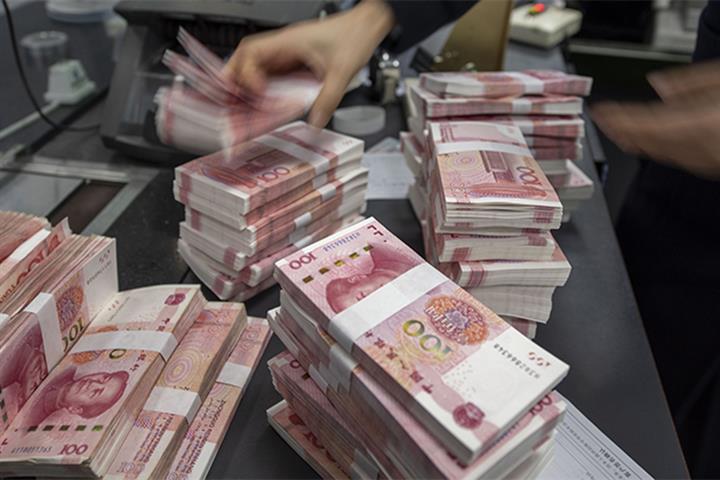 Analysts Hail Iraq’s Decision to Adopt Yuan in Trade With China as Big Step for China’s Oil Industry
Analysts Hail Iraq’s Decision to Adopt Yuan in Trade With China as Big Step for China’s Oil Industry (Yicai Global) Feb. 24 -- Iraq, one of the world’s major oil producers, will accept the use of the Chinese yuan in its trade with China for the first time. The move will protect Chinese importers from fluctuations in foreign exchange rates, and may allow China to have more say in global oil prices, analysts said.
Iraq will allow trade with China to be settled in the redback to improve its forex reserves and help stabilize exchange rates, the country’s central bank said on Feb. 22.
It will be the first time that the Middle Eastern country starts to accept payment in yuan, as previously trade with China was settled in US dollars, Mudhir Salih, the economic advisor to the Prime Minister of Iraq, said the same day.
“This marks a significant milestone for the internationalization of China’s oil industry as the ability to make payments in yuan will get Chinese petroleum companies more involved in the global oil market,” Gui Chenxi, chief energy analyst at Citic Futures, told Yicai Global yesterday.
Oil and gas transactions settled in yuan will reduce exchange rate risks as China remains very dependent on imports of crude oil and natural gas, according to a report released by a research team led by Ming Ming, chief economist at Citic Securities, a few days ago.
Iraq is China’s third-biggest source of crude oil, according to China’s Ministry of Foreign Affairs. Last year, China imported around 55.5 million tons of crude oil from Iraq, which is the third-biggest crude oil exporter in the world after Saudia Arabia and Russia and the second-largest in the Organization of the Petroleum Exporting Countries.
The Middle Eastern country’s crude oil exports jumped 9.5 percent last year from the year before to 120,752 barrels, according to data from the Iraq State Oil Marketing Organization. While the value of the exports surged 52.9 percent to USD115.7 billion.
“Looking into the future, the improvement in the pricing system of certain commodities will form a synergy with the actual settlement system to boost the yuan’s pricing capability regarding the globe’s mainstream energy commodities,” Citic Securities said.
Saudi Arabia has also recently expressed its intention to cooperate more closely with China. In December last year, the two countries said that over 40 contracts and letters of intention had been signed between the two governments and companies from the two countries.
Editors: Xu Wei, Kim Taylor